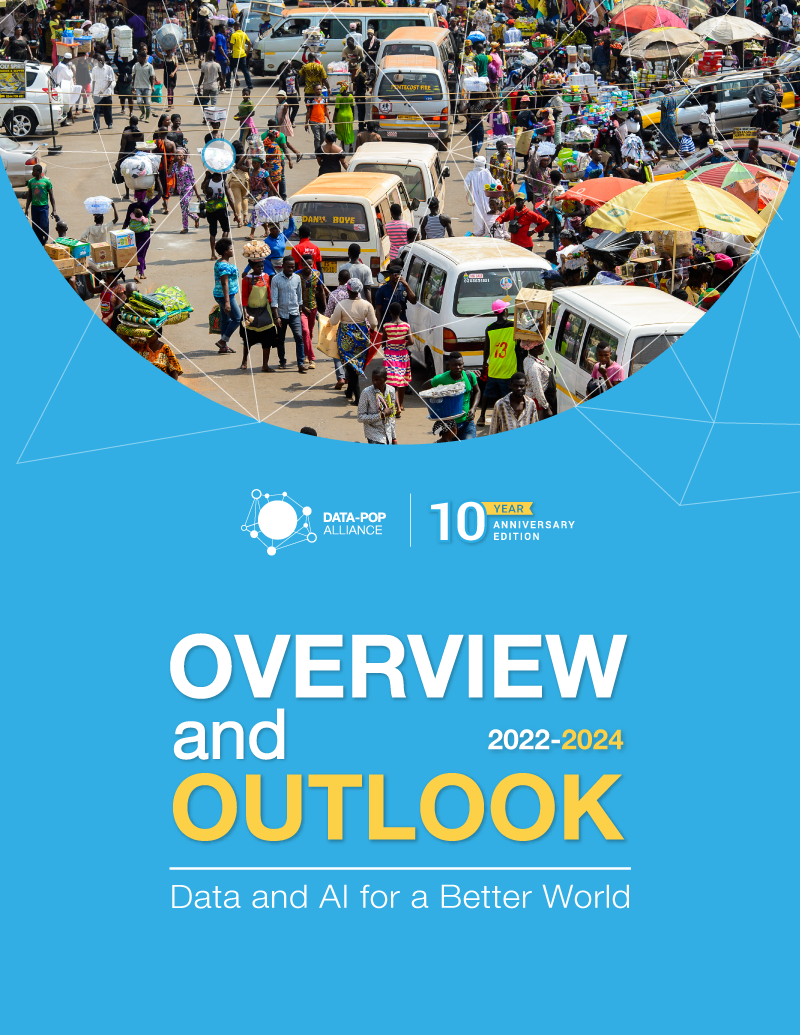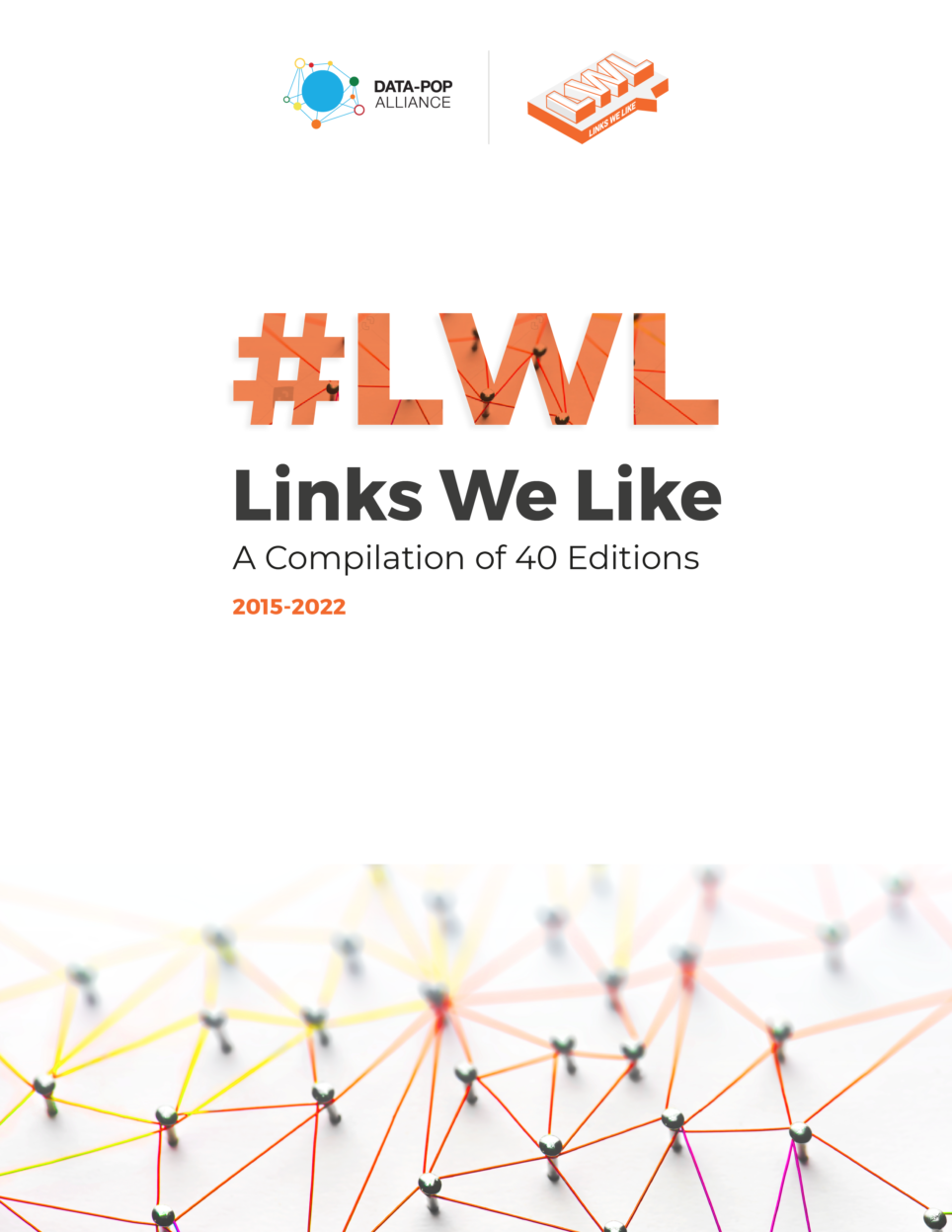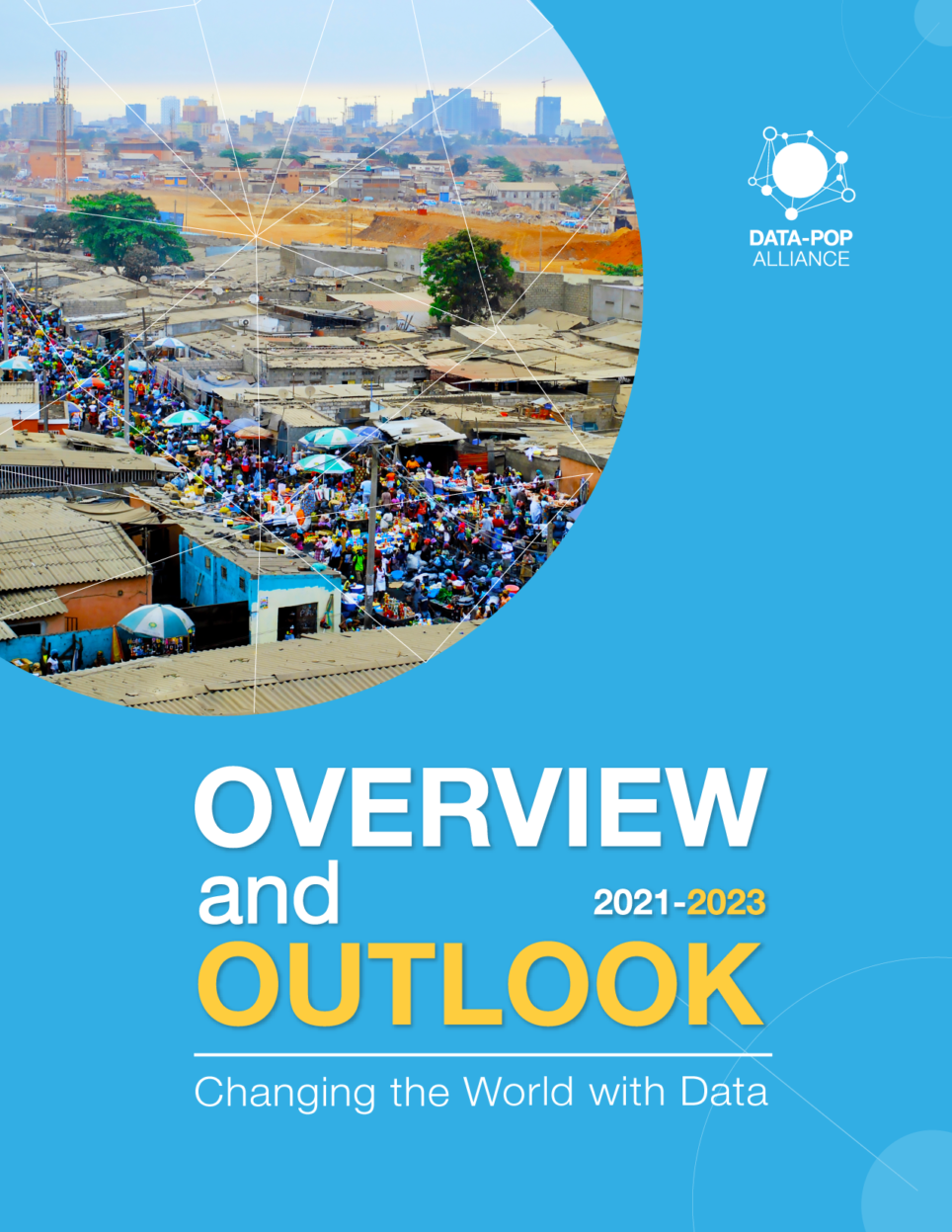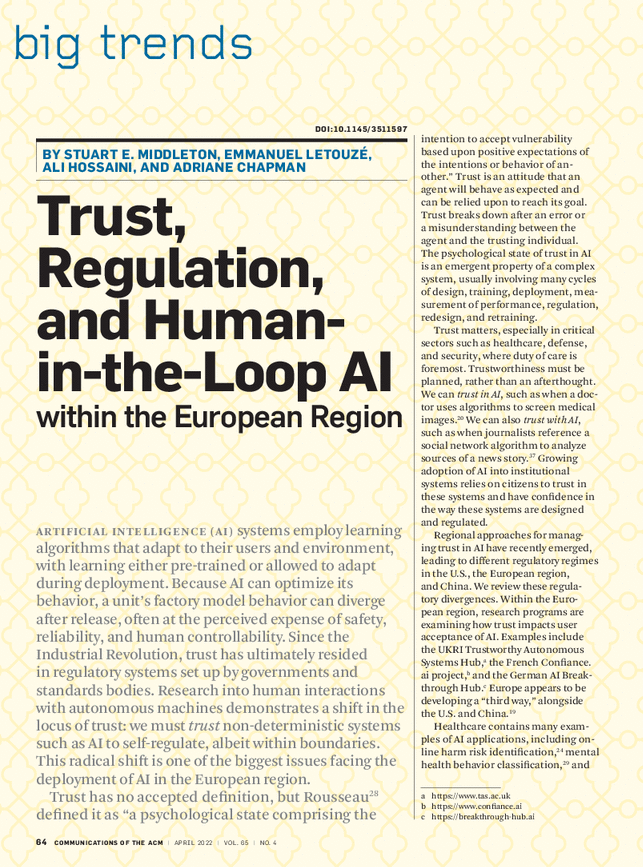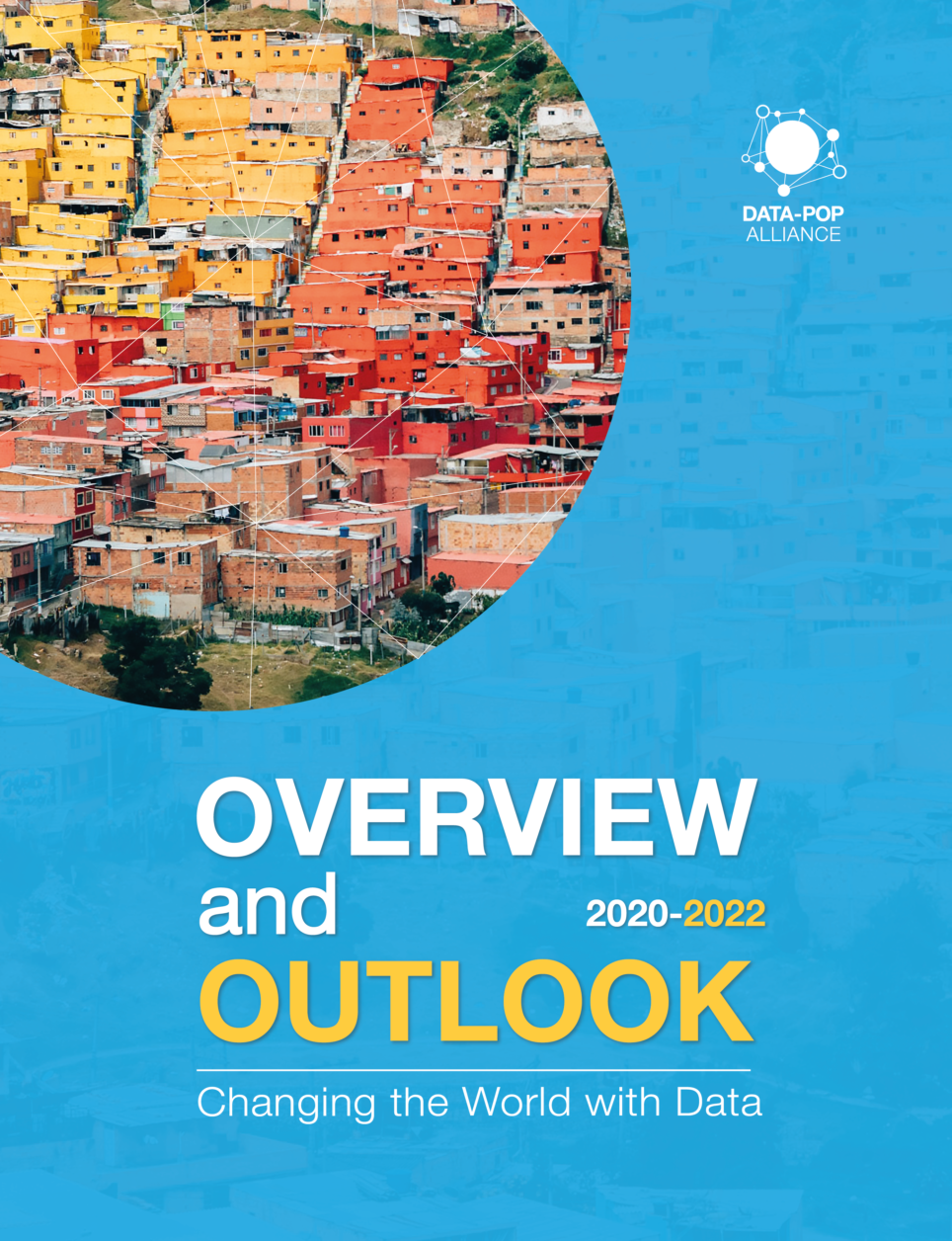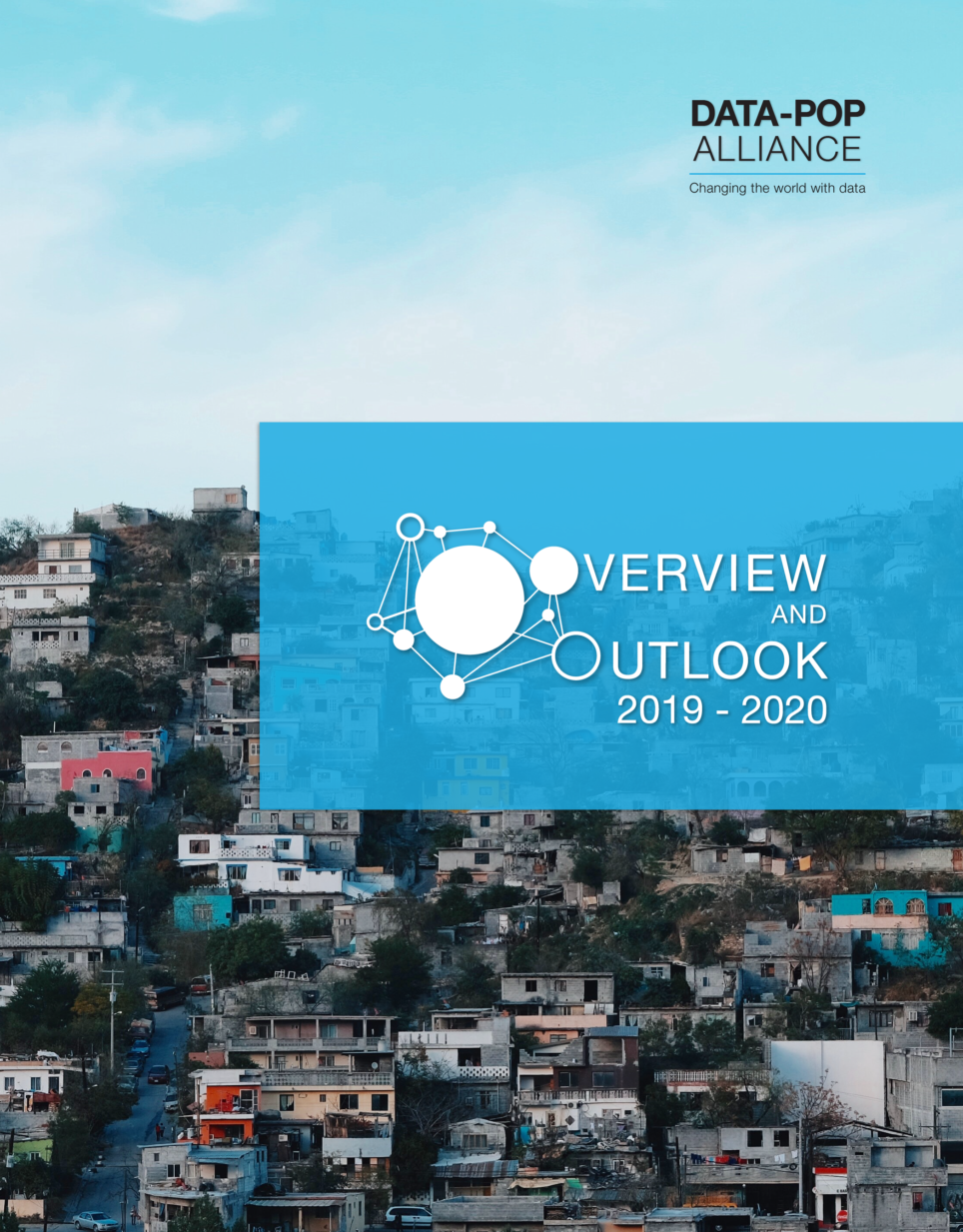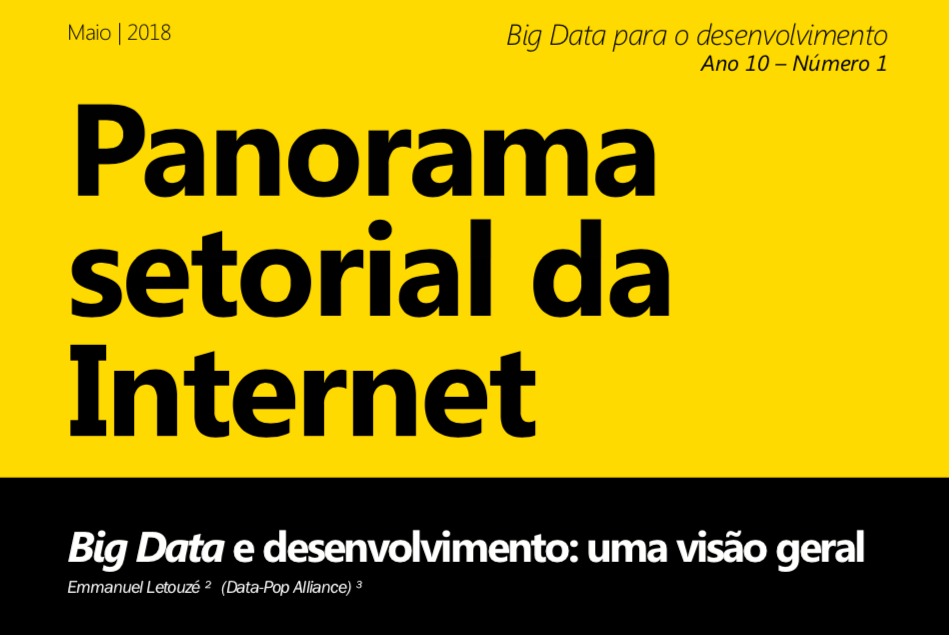10 YEARS IN REVIEW: A LETTER FROM OUR DIRECTOR Finding appropriate metrics to summarize a decade of work by and at Data-Pop Alliance is not easy. It could be the number of projects completed (over 100), of our publications (92), of countries where we have worked (over 30), or partners we have collaborated with (countless). It could also be our … Read More
Links We Like: A Compilation of 40 Editions
Links We Like Turns 40! Technically, Links We Like (LWL) has been around for seven years, and in that time we have produced 40 editions, all of which are compiled here in a downloadable PDF form. LWL began in 2015 as a way for us to take stock of the debates and conversations around the data landscape, as well as … Read More
Overview and Outlook 2021-2023
Even for the most optimistic, any hopes that 2021 and the first half of 2022 would constitute a decisive upward inflection from recent and old trends should, by now, unfortunately have been put to rest. The past year has been generally more of the same, or worse, as pre-existing fissures and excesses have continued to be exposed and often exacerbated: … Read More
Trust, Regulation, and Human-in-the-Loop AI within the European Region
Artificial Intelligence (AI) systems employ learning algorithms that adapt to their users and environment, with learning either pre-trained or allowed to adapt during deployment. Because AI can optimize its behavior, a unit’s factory model behavior can diverge after release, often at the perceived expense of safety, reliability, and human controllability. Since the Industrial Revolution, trust has ultimately resided in regulatory systems … Read More
Overview and Outlook 2020-2022
Last year exposed and exacerbated pre-existing fault lines that had been previously ignored or minimised by those who claimed that 2019 was “the best year in history” only weeks before the pandemic shredded this illusion. Data exposed systemic inequities and structural imbalances when it showed that COVID-19 could severely affect many—even while infecting few—in the poorest regions because of its … Read More
Using Misinformation as a Political Weapon: COVID-19 and Bolsonaro in Brazil
With over 30,000 confirmed cases, Brazil is currently the country most affected by COVID-19 in Latin America and ranked 12th worldwide. Despite all evidence, a strong rhetoric undermining risks associated to COVID-19 has been endorsed at the highest levels of the Brazilian government, making President Jair Bolsonaro the leader of the “coronavirus-denial movement”. To support this strategy, different forms of … Read More
Overview and Outlook: 2019-2020
Data-Pop Alliance was born 7 years ago out of the recognition that the defining element of the 21st century would be data. Since, phrases such as ”Big Data” and “Data Revolution” have been largely replaced by “Fourth Industrial Revolution” and “Artificial Intelligence”, but the key question remain essentially the same: how can data-infused systems and societies be shaped to foster … Read More
Mobiliser et humaniser la Révolution des Données pour la statistique publique, le développement et la démocratie “
Note au Bureau Pays du PNUD Togo
Panorama setorial da Internet. Big Data e desenvolvimento: uma visão geral”
Apesar do entusiasmo existente em torno do “Big Data para o desenvolvimento” – ex- pressão que abrange o campo de pesquisa e prática sobre as aplicações e implicações do Big Data para a elaboração de políticas e para o desenvolvimento – o seu uso ainda é muito incipiente em termos intelectual e operacional. Seria ele o “novo petróleo” que poderá … Read More
Leveraging Algorithms for Positive Disruption: On data, democracy, society and statistics
The main objective of this paper is to discuss whether and how the future of algorithms can be crafted such that their development and deployment—from their design to their use, including control, evaluation, auditing, governance—be based on and foster core democratic values such as accountability, transparency, participation, and collaboration. In doing so, we will focus on algorithms affecting public life … Read More

